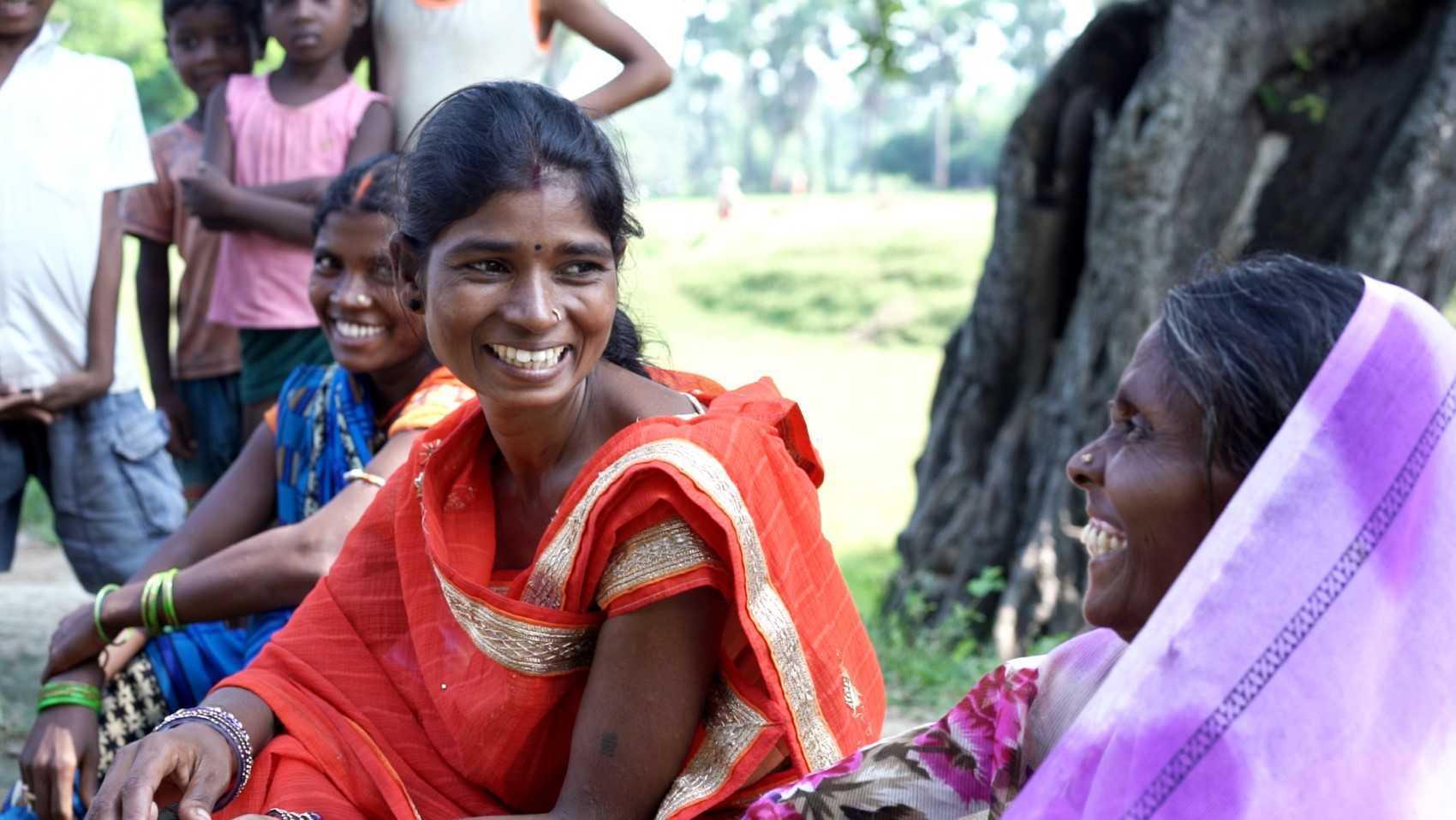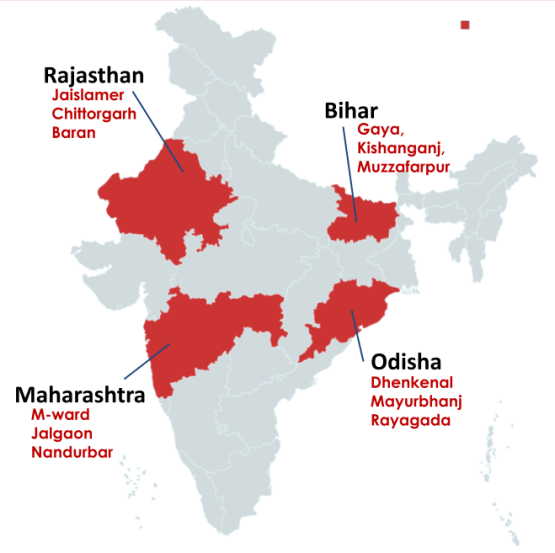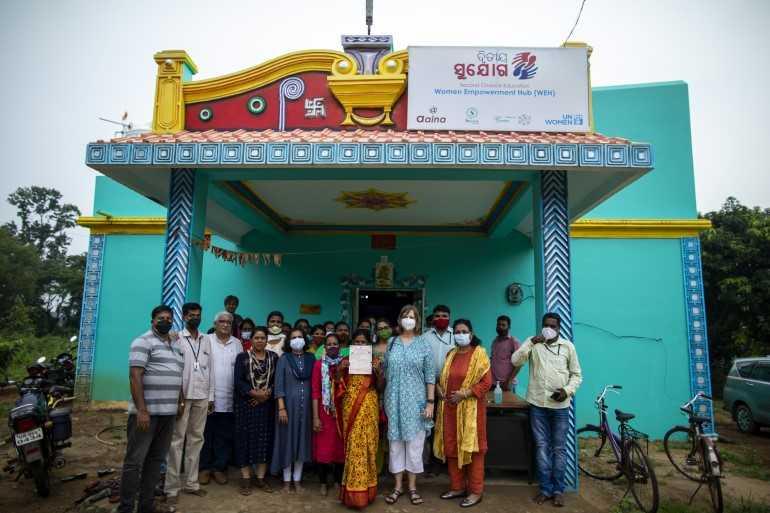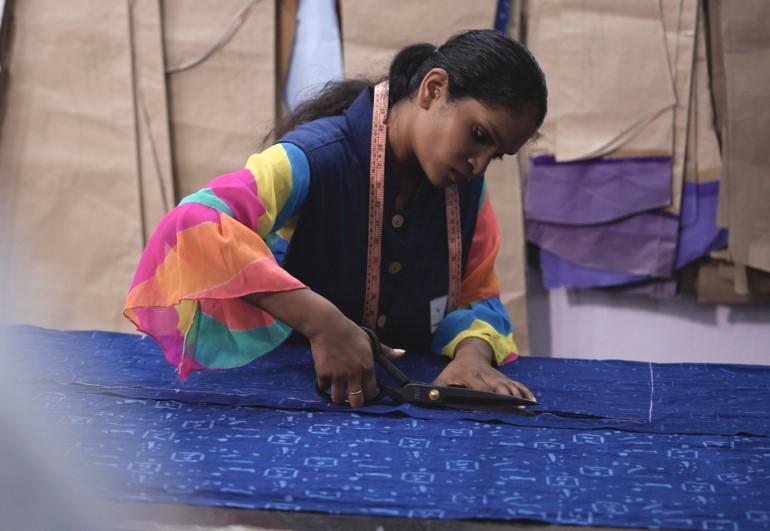Join the Programme
Want to sign up or get involved? Contact us!
Second Chance in India
UN Women's Second Chance programme is making a profound difference to women’s lives in India.
Women who enrol in the programme can choose from three broad pathways:
- a return to formal education
- skills training for employment
- support and training for self-employment, including as farmers.
The programme also draws on its experience, expertise and grassroots connections to advocate for changes in local and national policy. Such advocacy extends the influence of the programme beyond the women who are directly enrolled.

- Thousands of women have enrolled to take their school certificate through the open schooling system
- Thousands of women farmers have increased their income by using new farming practices
- Hundreds have started a business covering an impressive range of different enterprises: tailoring, beauty, jewellery, paper plates, agro-service, natural pest management, spice processing and candle making.
- Thousands have benefited from the upskilling programmes provided through the skill training centres under government schemes
Where and how we work
As of March 2023, Second Chance operates in 10 districts (previously 12) across four states:
- Bihar
- Maharashtra
- Odisha
- Rajasthan.
The programme works through grassroots organisations that have built strong relationships and trust at the community level. These organisations are coordinated by the lead partner, Professional Assistance for Development Action (PRADAN), which has the reach, capacity and experience to support them all.
See the Partners page for a list of all implementing partners.

Women Empowerment Hubs
Each district where SCE is implemented has a Women's Empowerment Hub.
Women come to the hubs and participate in:
- classes and aptitude and assessment tests
- gender training
- training in farm and off-farm activities
- IT training
- enrolment for open schooling.
UN Women is exploring the use of the hubs as social enterprise centres, where women could provide, and charge for, services such as filling in online forms and opening bank accounts. This would ensure that the hubs are sustainable. They could also potentially act as production centres, linking women to local supply chains.

Virtual hub tour
Take a virtual hub tour with one of our partners, the Mandari Foundation, to find out more about what goes on in the hubs:
Business: from farming to digital
Thousands of women farmers have received training in farming practices that help them make the most of the land they have. They are supported to improve the production of both food crops and cash crops such as tomato, chili, brinjal, radish and green peas.
Most of these women have seen their income increase.
Other women receive support to start their own business: examples include tailoring, jewellery, paper plates, agro-service, pest management, spice processing, candle making. Capital is usually arranged from self-help groups or families, but also through private donors.
Women from the Women Empowerment Hubs have also received digital entrepreneurship training.

